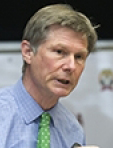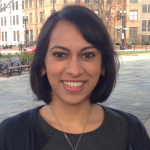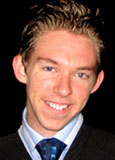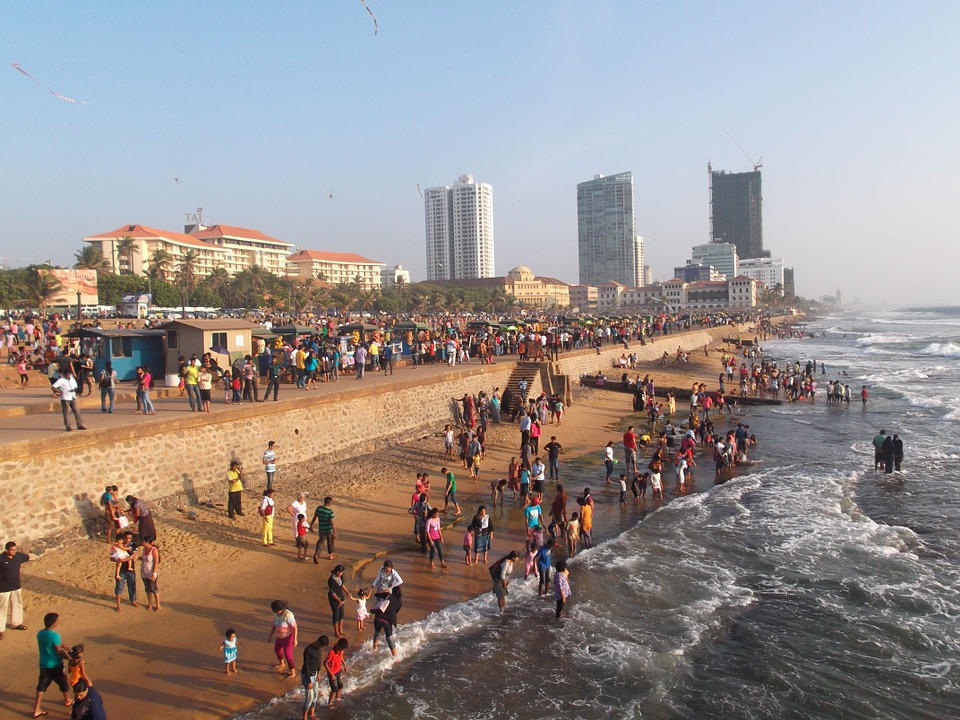
With Islam so much in the news, in 2014 I read two books on the subject. The first, just called ‘Islam’, was written by Alfred Guillaume and published by Penguin Books in 1954. I picked it up in a second hand bookshop for £3. It is an excellent read – all the more telling because it was written about sixty years ago. The chapters are titled: ‘Muhammad’, ‘The Quran’, ‘The Islamic Empire’, ‘Apostolic Tradition’, ‘Sects’, ‘Philosophy and the Genesis of the Creeds’, Mysticism’ and, finally, ‘Islam Today’. Then, to triangulate what I thought I had learnt, I read Jonathan Brown’s short book ‘Muhammad’ published in 2011 by OUP, and commended by Tariq Ramadan (among others). It is another excellent read. I feel that both books help one to understand contemporary events. A lot of people comment on the religion while, I suspect, knowing virtually nothing about it. Another book that I read in 2014 is ‘World Population and Human Capital in the Twenty-First Century’, edited by Wolfgang Lutz, William Butz and Samir KC, and published by OUP. It presents the results of a massive international project based in Vienna – the book itself is over 1000 pages long. Anyone interested in education, demography, and a whole lot else, will find the estimates and projections in the book very useful. Among other things, the book contains novel approaches to measuring international migration and population aging. For example, one of its conclusions is that as Europe’s population ages in the next few decades, the continent’s population will also start to get younger. This is seeming paradox in fact makes sense. The book also demonstrates the contribution of researchers at IIASA to understanding key aspects of the modern world. Finally, as light relief, I have a copy of Bill Bryson’s ‘One Summer: America 1927’ to read during 2015.

Right now I’m reading Amitava Kumar’s ‘A Matter of Rats: A Short Biography of Patna‘ about the somewhat infamous Indian city. I’m looking forward to reading ‘Empire of Cotton: A New History of Global Capitalism‘ by Sven Beckert, tracing the role of cotton in shaping the economy. I also have on my reading list two books that are coming out later this year: First, James Ferguson’s ‘Give a Man a Fish: Reflections on the New Politics of Distribution’ on social welfare programs in South Africa. Second, I’m excited for the last book in Amitav Ghosh’s historical fiction Ibis Triology, ‘Flood of Fire,’ set around the Opium Wars.

James Ferguson’s new book ‘Give a Man a Fish: Reflections on the New Politics of Distribution’ coming out in May 2015. The book gives a positive account of the role of cash transfers in development, framing the trend as a new politics of distribution. I am skeptical about his argument but the book itself is bound to be influential and a good read.
Naomi Klein’s book that came out at the end of 2014 – ‘This Changes Everything: Capitalism vs the Climate’ – I got this for Christmas and I will read it once I’ve done enough weight training to be able to pick it up.
And at some point this year, in the quiet hours, I intend to read ‘The Lacuna’ by Barbara Kingsolver.

Brian Levy, Working With the Grain: Integrating Governance and Growth in Development Strategies, OUP 2014.
The book (judging from skim) makes big advance on standard approach in development thinking – namely, to define and then help developing country governments implement “best practice” policy and institutions, as though there is one central recipe for development. “Working with the grain” translates into looking for more context-dependent “good fit”, not “best practice” policies and institutions. Makes subtle analysis of causality running from governance variables to growth variables; and back from effects of growth (eg swelling middle class) to governance (eg support for more politically inclusive institutions). Shares one drawback in common with most of the literature which tries to explain growth in terms of policies, institutions & governance: ignores one of the most striking growth patterns, namely, high volatility of growth rates in developing countries from one decade to the next, while policies, institutions, governance tend to remain stable. Truth is, our understanding of growth rates remains thin, after 60 years of trying.
Marion Fourcade, Economists and Societies: Discipline and Profession in the United States, Britain and France, 1890s to 1990s, PUP 2009
Social sciences study “problems”; what they don’t study tends to be taken as part of the “natural” setting. Economists (and others) study “poverty” (there is a “poor economics”); not “the rich” (no “rich economics”). Very few study – even today – global warming, which might be changing basic parameters of the world economy. And very few study economics as a discipline and profession, though it is by far the most influential of the social sciences on people’s life chances – perhaps as influential as the disciplines of medicine, engineering, and law. Influential especially through the channel of “ideas”, as distinct from “interests” (which most economists, like political scientists, assume to be the main drivers of human behaviour). But the idea of the “Bootlegger-Baptist” coalition as the driver of the campaign to Prohibit alcohol in US in 1920s illustrates role of ideas: Bootleggers acted from “interests”, Baptists from “ideas”. Both parts of the coalition mattered to its “success” in getting Prohibition. We should apply both interests and ideas in social explanation more generally. Marion Fourcade is a sociologist at UC Berkeley (married to economist!) who applies ideas from sociology to understand the institutionalization of economics in three different, western societies over the century preceding 1990s. From a skim it looks fascinating.

I am currently reading ‘This is not the end of the book’ by Umberto Eco and Jean-Claude Carrière, published by Vintage in 2012. Their conversation, curated by Jean-Philippe de Tonnac, is a rich and varied overview of learning and cultural literacy which eulogises the timelessness, longevity and cultural heritage of the book over more contemporary media. Light-hearted and playful in tone, their discussion is given extra spice by a chapter on the dichotomy between human brilliance and stupidity.

Ulrich Beck, ‘Metamorphosis’, Polity Press. Ulrich died on New Year’s Day this year. The day before he died he finished the introduction to this book. I saw him at a workshop in Paris in early December and he talked about the book. I was very taken with his metaphor of a caterpillar. The world is like a caterpillar in a cocoon. The caterpillar has no idea that it is going through a metamorphosis.
Alex de Waal, ‘The Political Marketplace’, Polity Press. This is one of the major outputs of the Justice and Security Research programme. Alex gave a presentation on the book at the Departmental seminar. I have read bits in manuscript but I am looking forward to reading the whole book. It is about how politicians literally compete for money using violence to strengthen their bargaining positions. The book has a number of very concrete examples.
John Grin, Jan Rotmans, and Johan Schot, ‘Transitions to Sustainable Development: New Directions in the Study of Transformative Change‘, Polity. This sounds like a rather boring book but it comes out of the Science and Technology Studies (STS) literature and I am hoping it will help me conceptually with the Security in Transition research programme. We have become interested in the idea of Security Cultures as pathways or directions in transition and the co-evolution of technology and security. This book introduces the theoretical STS literature on transition.




